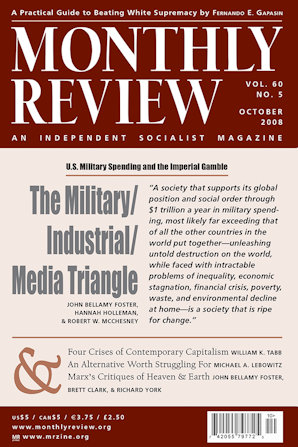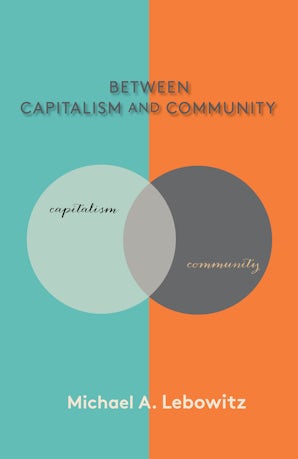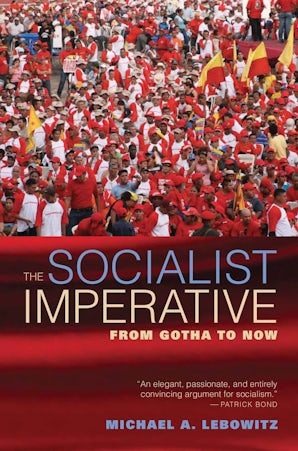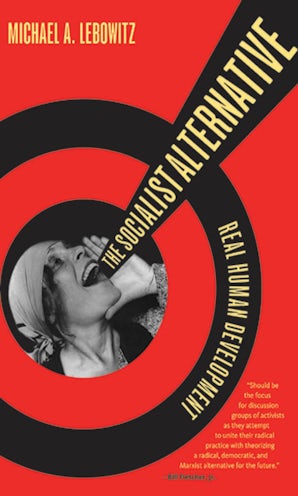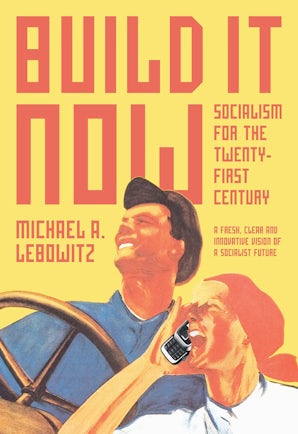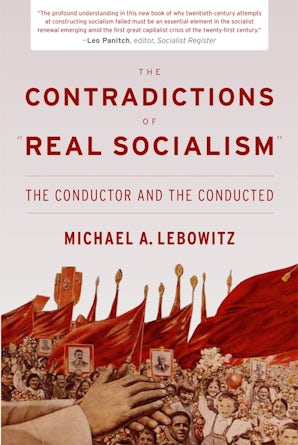Also in this issue
Books by Michael A. Lebowitz
Between Capitalism and Community
by Michael A. Lebowitz
The Socialist Imperative
by Michael A. Lebowitz
The Socialist Alternative
by Michael A. Lebowitz
Build It Now
by Michael A. Lebowitz
The Contradictions of "Real Socialism"
by Michael A. Lebowitz
Article by Michael A. Lebowitz
- What Every Child Should Know about Marx's Theory of Value
- Protagonism and Productivity
- What Is Socialism for the Twenty-First Century?
- If You're So Smart, Why Aren't You Rich?
- Proposing a Path to Socialism: Two Papers for Hugo Chávez
- What Makes the Working Class a Revolutionary Subject?
- The Unifying Element in All Struggles Against Capital Is the Right of Everyone to Full Human Development
- Exploring the Dialectic of the Bolivarian Revolution
- The Path to Human Development: Capitalism or Socialism?

